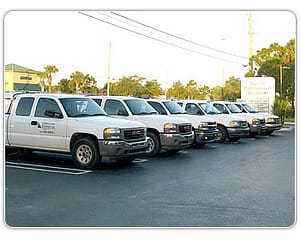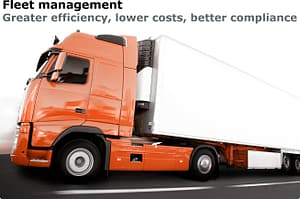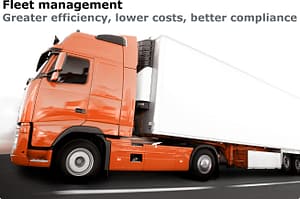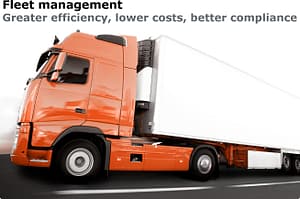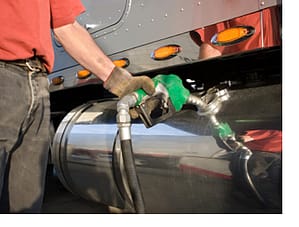 Fuel costs are one of a fleet manager’s largest expenses. Applying the best fleet fuel practices such as idling reduction efficient routing are highly effective approaches to reducing fuel costs. Using a web-based fleet GPS management system, purchasing fuel-efficient vehicles, and relocating a key fueling station are also ways to reduce fuel consumption and employee hours.
Fuel costs are one of a fleet manager’s largest expenses. Applying the best fleet fuel practices such as idling reduction efficient routing are highly effective approaches to reducing fuel costs. Using a web-based fleet GPS management system, purchasing fuel-efficient vehicles, and relocating a key fueling station are also ways to reduce fuel consumption and employee hours.
Fleet Managers should apply the following basic principles of good fuel management because these are proven to be the most effective approach trimming fuel costs and consumption. Once these “best of” fleet management practices are implemented and consistently executed, innovative solutions can further promote control of one of fleet’s most expensive operational costs. The Best Fleet Fuel Management Principles include:
- Right-sizing fleet vehicles.
- Idling reduction.
- Fuel-efficient vehicles.
- Consistent scheduled maintenance.
- Eco-Smart driver education.
- Tracking fuel expenses.
- Efficient route planning.



